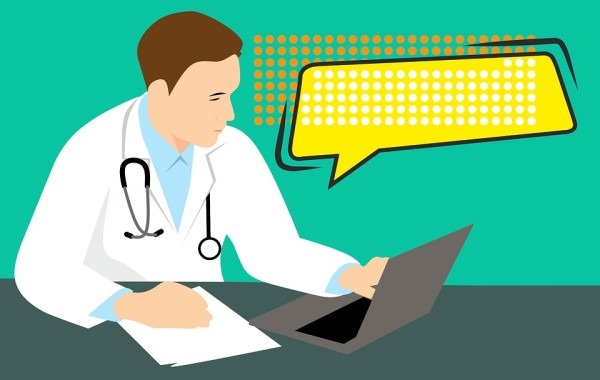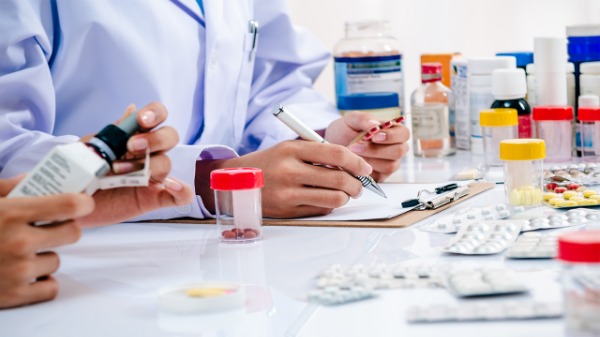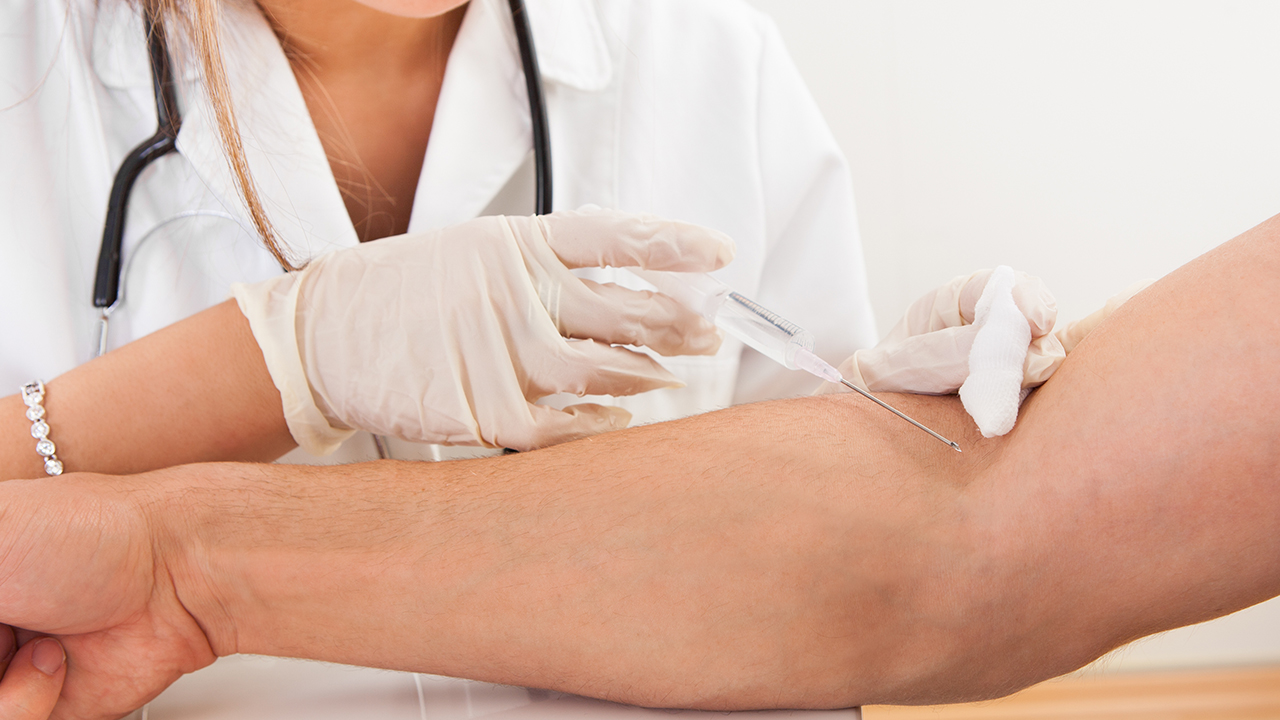What are the main causes of syphilis and how to prevent syphilis

Syphilis is a sexually transmitted infection (STI) caused by the bacterium Treponema pallidum. It can affect both men and women, and can be passed on through vaginal, ***, or oral sex.
How do you get syphilis?
Syphilis is spread by direct contact with an infected person's sores. These sores can be found on the genitals, anus, rectum, or mouth. Syphilis can also be passed on from an infected mother to her baby during pregnancy or childbirth.
You are at risk of getting syphilis if you:
Have unprotected sex with an infected person
Share sex toys with an infected person
Have multiple sex partners
Have sex with someone who has a history of STIs
What are the symptoms of syphilis?
Syphilis has four stages:
Primary syphilis: This is the first stage of syphilis. It usually develops within 10-90 days after exposure to the bacteria. Symptoms of primary syphilis include a single sore or ulcer on the genitals, anus, rectum, or mouth. The sore is usually painless and may go unnoticed.
Secondary syphilis: This is the second stage of syphilis. It usually develops within 2-8 weeks after the primary sore heals. Symptoms of secondary syphilis include a rash on the palms of the hands and soles of the feet, fever, swollen lymph nodes, sore throat, and hair loss.
Latent syphilis: This is the third stage of syphilis. It can last for years or even decades without any symptoms. However, the bacteria can still be transmitted to others during this stage.
Tertiary syphilis: This is the fourth and final stage of syphilis. It can develop 10-30 years after the primary infection. Symptoms of tertiary syphilis can include damage to the brain, heart, eyes, and bones.
How is syphilis diagnosed?
Syphilis is diagnosed with a blood test. The blood test can detect antibodies to the syphilis bacteria.
How is syphilis treated?
Syphilis is treated with antibiotics. The type of antibiotic and the length of treatment will depend on the stage of the infection.
Primary syphilis: Primary syphilis is treated with a single injection of penicillin.
Secondary syphilis: Secondary syphilis is treated with a series of penicillin injections.
Latent syphilis: Latent syphilis is treated with a longer course of penicillin injections.
Tertiary syphilis: Tertiary syphilis is treated with a longer course of penicillin injections and may require additional treatment.
How can I prevent syphilis?
The best way to prevent syphilis is to use condoms every time you have sex. Condoms can help to block the transmission of the syphilis bacteria.
Other ways to prevent syphilis include:
Getting tested for STIs regularly
Having a limited number of sex partners
Avoiding sex with people who have a history of STIs
Not sharing sex toys
What should I do if I think I have syphilis?
If you think you have syphilis, it is important to see a doctor right away. Syphilis can be treated effectively if it is diagnosed and treated early.
If you are diagnosed with syphilis, it is important to tell your sex partners so that they can get tested and treated.
Additional information
Syphilis can be cured if it is treated early.
Syphilis can cause serious health problems if it is not treated.
Syphilis can be passed on to a baby during pregnancy or childbirth.
If you are pregnant and have syphilis, it is important to get treatment right away to prevent your baby from getting infected.
The above is all the content that the editor wants to share with you. I sincerely hope that these contents can bring some help to your life and health, and I also wish that your life will be happier and happier.
Tags: #main #causes #the













